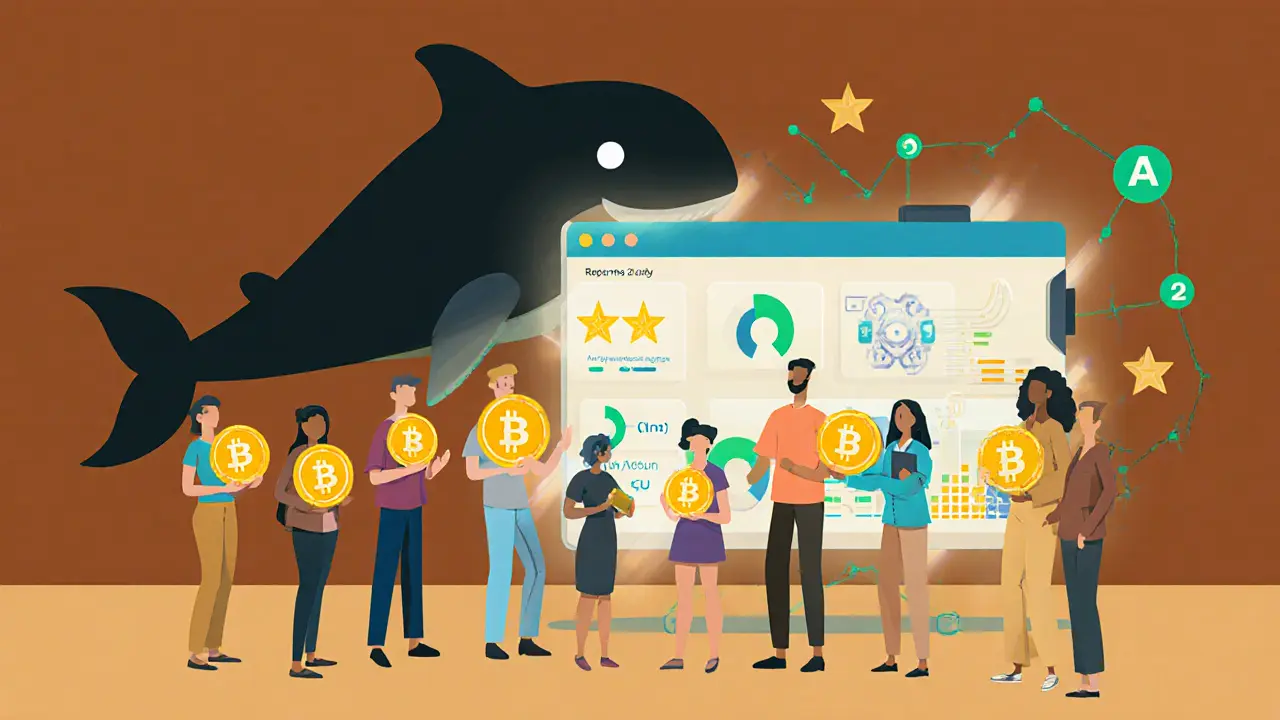DAO governance in 2025 is evolving beyond token voting. AI assistants, reputation systems, quadratic voting, and cross-chain coordination are making decentralized decision-making more fair, efficient, and scalable. Here's how real DAOs are fixing broken models today.
Decentralized Autonomous Organization: What It Is and How It’s Changing Crypto
When you hear decentralized autonomous organization, a group-run system that operates on blockchain rules without central leaders. Also known as DAO, it’s not a company, not a nonprofit—it’s code that enforces decisions made by token holders. Think of it like a digital co-op where everyone with a stake gets a vote, and no single person controls the money or the rules.
DAOs rely on smart contracts, self-executing programs on blockchain that automatically carry out actions when conditions are met. These contracts handle everything from treasury spending to hiring freelancers. If 60% of voters approve funding for a new tool, the money is sent automatically—no manager needed. That’s why DAOs are used for everything from funding open-source projects to managing NFT collections and even investing in startups. But they’re not magic. If the code has a flaw, or if a small group hoards voting power, the whole system can collapse. We’ve seen DAOs get hacked, vote-rigged, or abandoned when the community loses interest.
Behind every working DAO is blockchain governance, the process of making collective decisions using crypto tokens and on-chain voting. It’s not about who has the most money—it’s about who holds the tokens that give them a voice. Some DAOs let you vote just by holding a token. Others require you to lock it up for a while. And some, like the ones tied to major DeFi platforms, let you delegate your vote to someone else if you don’t have time to research every proposal. This system tries to be fairer than traditional corporate boards, but it’s still new. Many DAOs struggle with low turnout, apathy, or manipulation by big wallets.
What you’ll find in the posts below aren’t just theory. You’ll see real cases: how a DAO failed because its smart contract had a loophole, how another paid out millions to developers using automated payouts, and why some groups are ditching DAOs altogether after losing funds. These aren’t hypotheticals—they’re lessons from people who tried it, got burned, or got rich. Whether you’re curious about joining a DAO, running one, or just trying to understand why they keep popping up in crypto news, this collection cuts through the hype and shows you what actually works—and what doesn’t.
